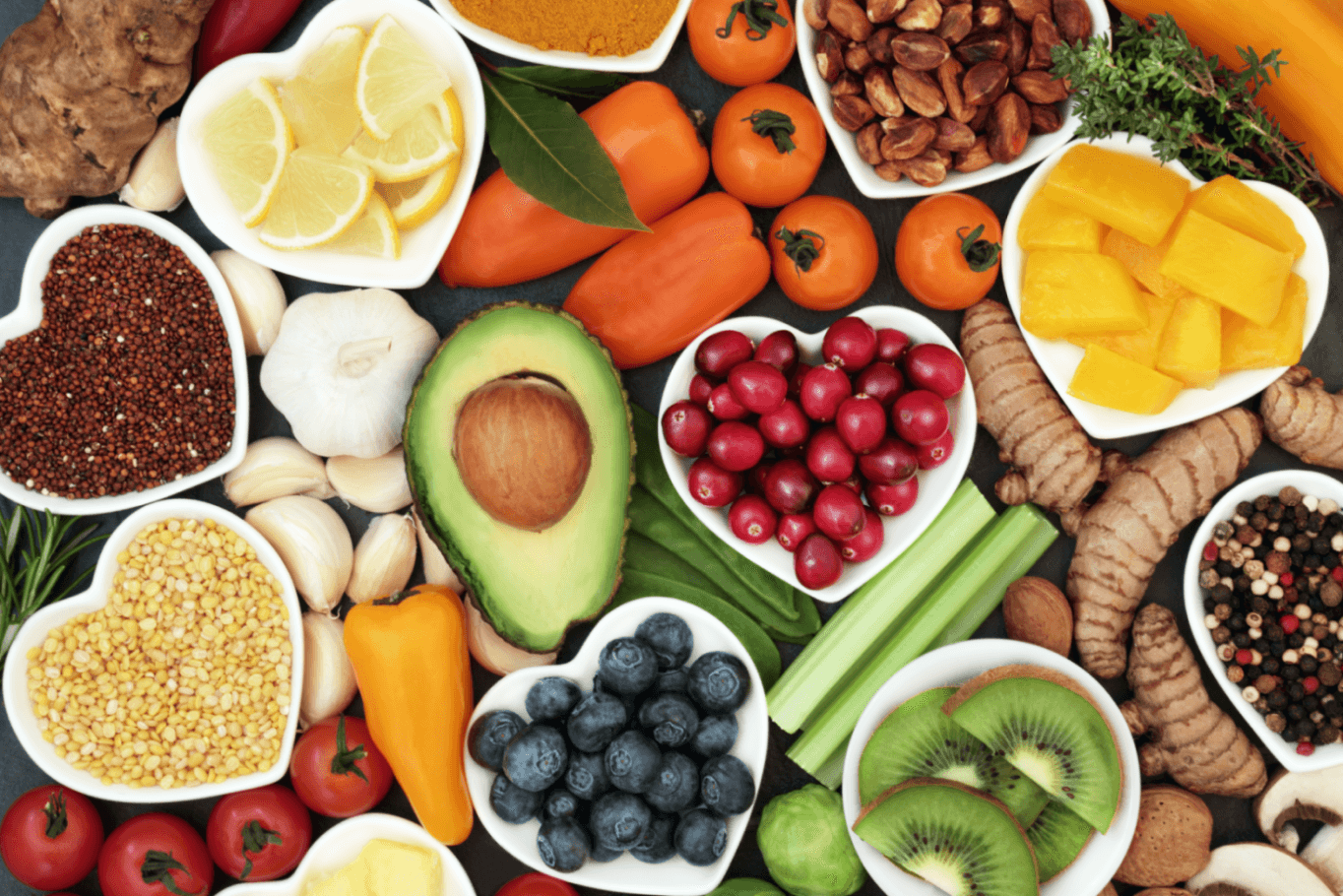The Healing Power of Food: How Nutrition Shapes Our Health and Longevity

In a world where processed meals, fast food, and sugary drinks dominate our diets, the phrase “you are what you eat” has never been more true—or more urgent. Health and food are deeply intertwined, forming the foundation of human vitality, disease prevention, and longevity. What we eat doesn’t just fuel our bodies; it also dictates how well we live, how we age, and even how we think. Today’s growing awareness of nutrition is reshaping our approach to wellness, shifting the focus from treating illness to preventing it—one plate at a time.
Food as Medicine: A Timeless Truth
Long before modern medicine existed, food was humanity’s first healer. Ancient civilizations, from Greece to China, recognized that nutrition plays a central role in maintaining health. Hippocrates, often regarded as the father of medicine, famously said, “Let food be thy medicine and medicine be thy food.”
Modern science has now validated what ancient wisdom long suggested: a diet rich in whole, nutrient-dense foods can prevent chronic diseases such as diabetes, heart disease, and obesity. Fruits, vegetables, whole grains, lean proteins, and healthy fats provide essential vitamins, minerals, antioxidants, and phytonutrients that protect the body from oxidative stress and inflammation—the root causes of many illnesses.
For instance, foods like blueberries and kale are rich in antioxidants that fight free radicals, while fatty fish such as salmon and sardines provide omega-3 fatty acids that reduce inflammation and support heart and brain health. Even simple herbs and spices—like turmeric, garlic, and ginger—possess powerful medicinal properties that support immune function and digestion.

The Gut–Brain Connection: How Food Affects Mood and Mental Health
In recent years, research has uncovered a fascinating link between what we eat and how we feel. The gut is often called the “second brain” because it houses over 100 million nerve cells and produces around 90% of the body’s serotonin—the neurotransmitter responsible for happiness and well-being.
A balanced gut microbiome, filled with beneficial bacteria, is essential for both physical and mental health. Diets rich in fiber, fermented foods, and plant-based nutrients help feed these good bacteria, improving digestion, mood stability, and immune resilience.
Conversely, diets high in sugar, refined carbs, and processed fats can disrupt gut health, leading to inflammation, fatigue, anxiety, and even depression. Studies have shown that people who follow a Mediterranean diet—rich in olive oil, fish, vegetables, and nuts—report lower rates of depression and cognitive decline than those who consume Western diets high in processed foods.
Superfoods: Nature’s Nutrient Powerhouses
The term superfood has become a buzzword in health circles, but behind the marketing lies scientific merit. Superfoods are nutrient-dense ingredients that deliver exceptional health benefits in small servings.
-
Avocados are rich in monounsaturated fats that support heart health and reduce bad cholesterol.
-
Leafy greens like spinach and kale provide iron, folate, and antioxidants that protect against cancer and cardiovascular disease.
-
Nuts and seeds such as almonds, chia, and flaxseeds offer plant-based protein and omega-3 fatty acids.
-
Berries are packed with vitamin C, fiber, and antioxidants that slow aging and boost immunity.
-
Green tea is loaded with catechins that aid metabolism and protect against cell damage.
Including these foods regularly in your diet can create a strong foundation for lifelong wellness.
The Hidden Dangers of Processed Foods
While whole foods heal, processed foods often harm. The modern diet—dominated by convenience foods—contains excessive amounts of added sugars, refined grains, unhealthy fats, and artificial additives. These ingredients not only contribute to weight gain but also increase the risk of diabetes, hypertension, and metabolic syndrome.
Refined sugar, in particular, is one of the most addictive substances in our diet. It spikes blood glucose levels, triggers insulin resistance, and promotes inflammation throughout the body. Meanwhile, trans fats—often found in baked goods and fried foods—clog arteries and increase the risk of heart disease.
Processed foods also lack fiber, a critical nutrient for digestion, gut health, and blood sugar control. The absence of natural nutrients forces the body to work harder to process energy, leading to fatigue, hormonal imbalances, and nutrient deficiencies.
The key to better health is simple: reduce processed foods, cook at home more often, and focus on ingredients that come from the earth rather than a factory.
Mindful Eating: The Forgotten Habit
Beyond the what of eating lies the how. In today’s fast-paced world, many of us eat on autopilot—scrolling through our phones or eating in front of the TV. This lack of awareness can lead to overeating and poor digestion.
Mindful eating encourages us to slow down and truly experience our food—its flavors, textures, and aromas. It’s about listening to our body’s hunger and fullness cues rather than eating out of boredom or stress. Studies show that mindful eaters tend to make healthier choices, maintain stable weights, and experience greater satisfaction with smaller portions.
To practice mindful eating:
-
Eat slowly and without distractions.
-
Savor every bite and notice flavors and textures.
-
Stop eating when you feel comfortably full, not stuffed.
-
Appreciate the effort and origin of your food.
This simple shift can transform your relationship with food from mechanical consumption to a nurturing act of self-care.
Personalizing Nutrition: One Size Doesn’t Fit All
No single diet works for everyone. Genetics, lifestyle, activity level, and even gut bacteria all influence how our bodies respond to certain foods. Some people thrive on a high-protein diet, while others feel their best with plant-based eating.
The rise of personalized nutrition—powered by DNA testing and metabolic analysis—has helped many people discover the best diet for their unique needs. However, regardless of individual variation, all healthy diets share common traits: they emphasize whole, minimally processed foods, balanced macronutrients, and moderation over restriction.

Conclusion: Food as the Foundation of a Healthy Life
At its core, food is more than just sustenance—it’s information for our bodies. Every bite we take sends chemical messages that influence metabolism, mood, immunity, and longevity. By choosing fresh, nutrient-dense foods and avoiding processed alternatives, we can prevent disease, enhance our well-being, and age with strength and clarity.
The path to better health doesn’t require expensive supplements or extreme diets—it begins in the kitchen, with the simple act of nourishing ourselves with real, wholesome food. As the saying goes, “The greatest wealth is health,” and that wealth starts with what’s on your plate.






